Whistleblower accuses JPMorgan chase of violating cash reserve rules and financial risk
- Update Time : Monday, February 3, 2025
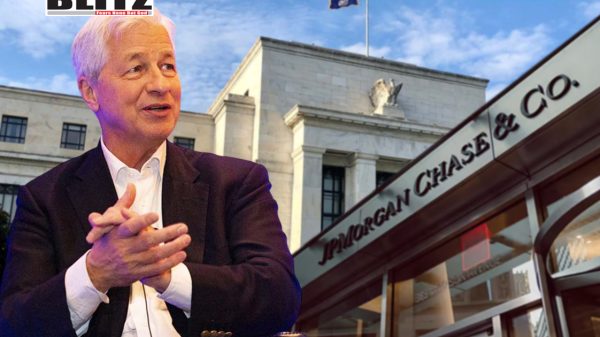
A whistleblower has come forward with serious allegations against JPMorgan Chase, claiming that the largest bank in the United States violated crucial cash reserve rules designed to protect the financial system. The allegations, which suggest that JPMorgan Chase deliberately understated its risk to minimize its required capital reserves, have reignited concerns about regulatory oversight and financial stability. Senator Elizabeth Warren has voiced concerns that the Federal Reserve may be complicit in turning a blind eye to this misconduct.
According to the whistleblower, a former JPMorgan Chase banker, the bank engaged in a prohibited practice known as “netting.” This process allowed JPMorgan to underreport several indicators used by the Federal Reserve to assess its systemic complexity. By misrepresenting its financial risk, the bank was able to hold less capital in reserve than required, effectively reducing the financial buffer designed to protect against future crises.
The impact of this alleged manipulation is staggering. The whistleblower estimates that by understating its complexity, JPMorgan Chase was able to issue an additional $75 billion to $100 billion in loans, potentially generating $2 billion in extra net income in a single year. Such practices not only increase the bank’s profitability but also expose the financial system to greater risks.
Despite violating international banking standards under the Basel Accord, JPMorgan Chase-and other large US banks-were reportedly permitted to continue these practices with the tacit approval of the Federal Reserve. While the Basel framework is not legally binding, the Federal Reserve and other US institutions had pledged to fully implement these regulations.
Senator Elizabeth Warren has strongly criticized the Federal Reserve’s handling of the situation, warning that lax enforcement of banking regulations has historically led to economic disasters. “Inconsistent and lax bank supervision has crashed our economy before,” she stated, calling on Federal Reserve Chair Jerome Powell to explain why the agency allowed JPMorgan and other Wall Street banks to manipulate financial reports for executive compensation and stock buybacks.
A Federal Reserve spokesperson declined to directly address the allegations, instead pointing out that US banks are required to hold higher capital surcharges than their European counterparts. However, critics argue that if banks are allowed to manipulate complexity indicators, these capital surcharges may not accurately reflect their actual risk levels.
The whistleblower claims JPMorgan Chase has been misreporting these complexity indicators since 2016, first raising internal concerns in 2018. After facing retaliation and being laid off in 2022, the whistleblower filed complaints with both the Federal Reserve and the Securities and Exchange Commission (SEC). The lack of immediate action from these regulatory bodies raises concerns about whether banks have too much influence over their oversight agencies.
JPMorgan Chase has not directly denied the whistleblower’s claims, instead stating that the bank fully complies with all capital regulations. A spokesperson asserted that JPMorgan’s methodology is transparent to regulators, but the bank did not confirm or deny whether it engaged in the prohibited netting practices described in the allegations.
According to Graham Steele, a former assistant secretary for financial institutions at the US Treasury Department, failing to enforce banking regulations leaves the financial system vulnerable. “If [US banks] don’t have enough capital for times when they experience financial stress, that is putting their domestic economies at greater risk because it’s eroding their ability to absorb losses,” he warned.
The banking industry has long lobbied against regulations that increase capital requirements, arguing that such rules stifle economic growth. In 2023 and 2024, banks launched a massive lobbying campaign against the Federal Reserve’s proposed “Basel Endgame” rules, which aimed to increase capital requirements for large US banks.
The industry’s efforts included billboards, advertisements, and even campaign-style messaging targeting working-class Americans, warning that higher capital requirements could lead to increased borrowing costs. The lobbying push succeeded in September 2024, when the Federal Reserve drastically reduced its proposed capital surcharge increase from 19% to just 9%.
JPMorgan Chase CEO Jamie Dimon has openly admitted that his bank actively seeks ways to minimize capital requirements. “We’ve got our smartest people figuring out every angle to reduce capital requirements for JPMorgan,” Dimon said in 2023. While banks argue that these maneuvers free up more money for lending and economic growth, critics counter that they also leave financial institutions dangerously exposed to potential crises.
The implications of JPMorgan Chase’s alleged rule violations extend far beyond the United States. Because the bank is a major player in global financial markets, any instability could trigger widespread economic consequences. If a financial crisis were to occur and banks lacked sufficient capital reserves, taxpayers could once again be forced to bail them out—repeating the mistakes of 2008.
Former Treasury official Steele argues that the Federal Reserve’s lack of enforcement undermines international banking stability. “No individual country will want to penalize its own large banks,” said David Aikman, a professor of finance at King’s College London. “They’ll only sign up to those rules if they think everybody else is applying the rules faithfully.”
The whistleblower’s allegations have intensified calls for stronger oversight of Wall Street. Senator Warren and other lawmakers are demanding answers from the Federal Reserve and other regulatory bodies about why banks were allowed to engage in practices that potentially jeopardize financial stability.
If these allegations are proven true, JPMorgan Chase could face significant legal and financial consequences. The SEC and the Federal Reserve may be forced to take action to restore public trust in the regulatory system. However, if past cases are any indication, accountability for financial misconduct remains uncertain.
The revelations from the JPMorgan Chase whistleblower underscore a troubling reality: some of the world’s most powerful banks may be manipulating regulations designed to protect the economy, and regulators may be failing to hold them accountable. With financial crises fresh in the public’s memory, the risks posed by these alleged violations are too significant to ignore.
As policymakers debate the future of financial regulation, one thing is clear: without stronger oversight and enforcement, the global financial system remains vulnerable to the same reckless behavior that led to the 2008 crash. Whether the Federal Reserve and other agencies will act on these allegations remains to be seen, but for now, concerns about Wall Street’s unchecked power continue to grow.




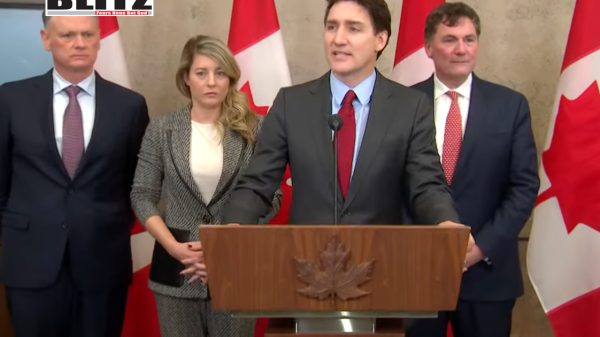
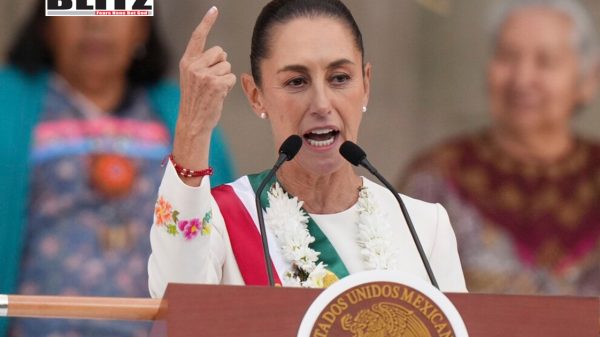

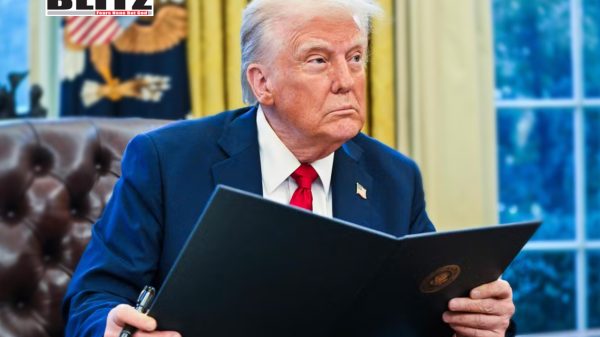
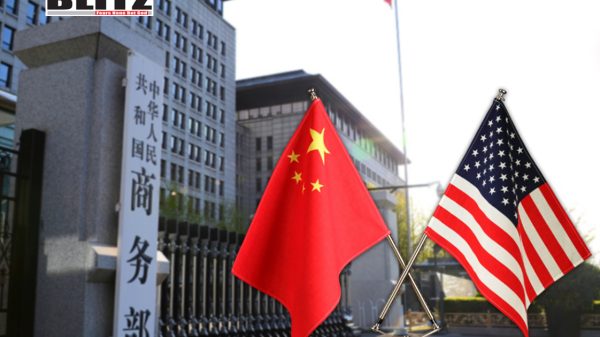
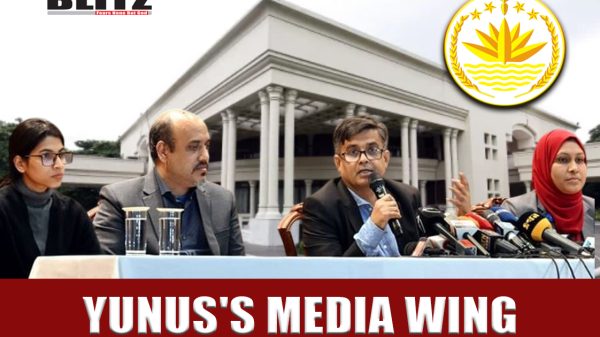

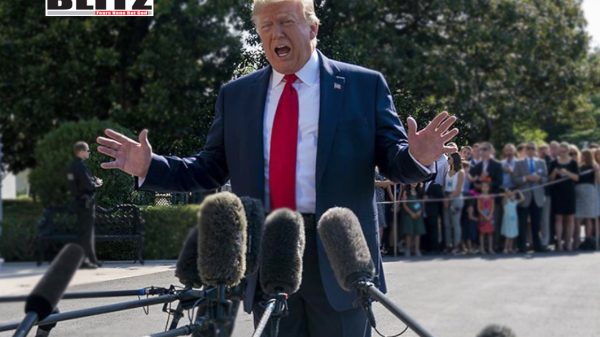


Leave a Reply